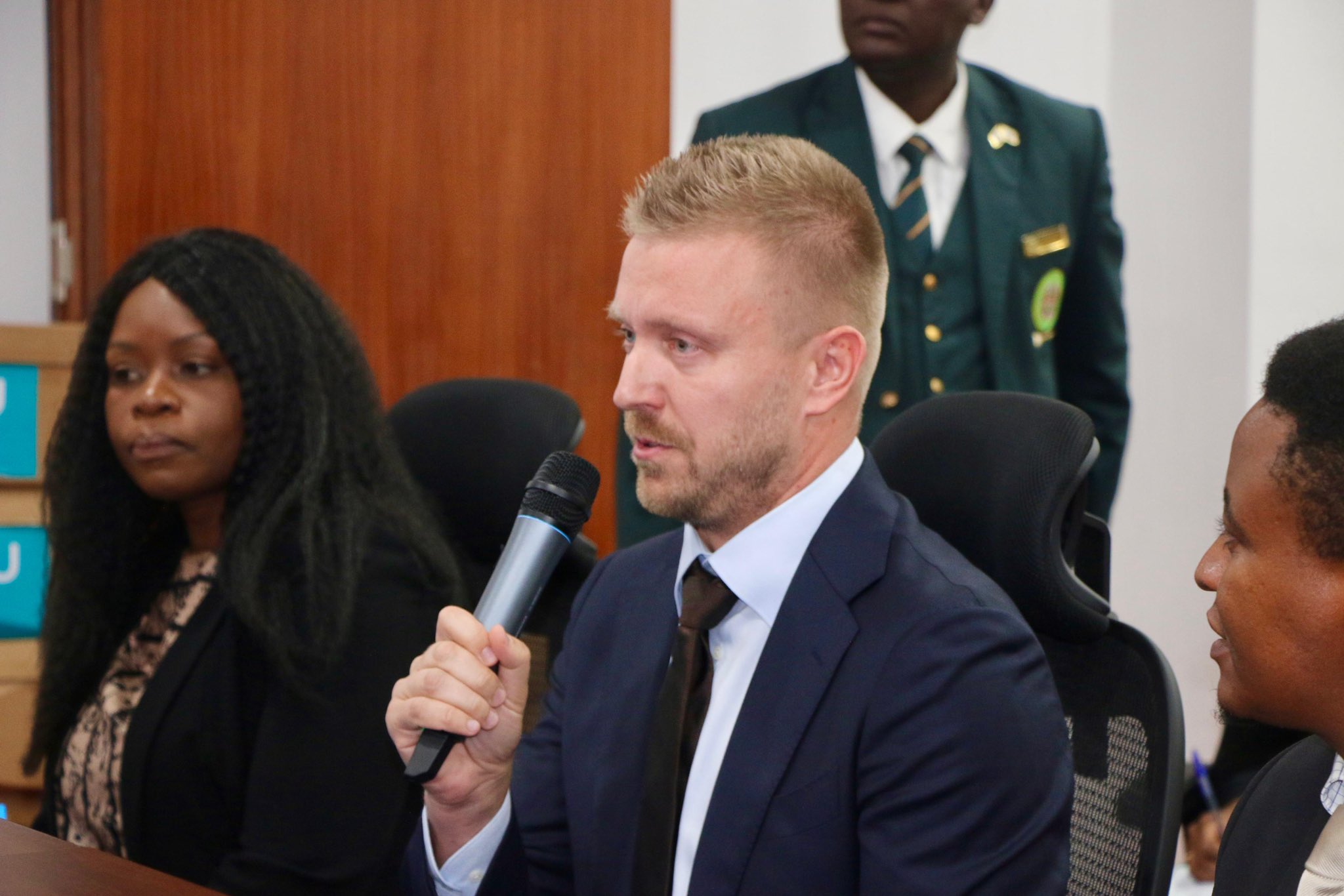News
Watu Credit Exposed: Lack Of Regulation In Buy-Now-Pay-Later Sector Leaves Consumers Vulnerable
The Committee found the interest rates charged by Watu Credit to be exploitative, with customers ending up paying interests higher than the purchasing cost of the asset. This situation has left consumers vulnerable, particularly in cases of accidents or theft.

It has come to light that Kenya is the only country in the region without a law governing the operations of Buy-Now-Pay-Later (BNPL) companies. This has exposed local consumers, particularly Boda Boda operators, to exploitative dealings by rogue companies.
The revelation came during a probe by Members of Parliament on industry players and particularly Watu Credit Ltd, MOGO Credit Ltd, and M-Kopa Credit. The MPs were investigating allegations of exploitative lending practices by these firms.
The MPs summoned the credit providers to appear before the Finance and National Planning Committee to shed light on their operations.
It was revealed that these companies and in this case Watu Credit acquire loans from banks and financial institutions at a rate of 20 percent and advance the same through asset acquisition at an exorbitant rate of up to 103 percent.
Watu Credit was put to task to explain under which regulations they have been operating. It was found that the firm does not have a regulatory framework governing their relationship with their clients.
The company’s Chief Executive Officer, Andris Kaneps, and Country Manager, Eric Massawe, admitted that the facility is currently not regulated under any specific Act or regulations.
The Committee found the interest rates charged by Watu Credit to be exploitative, with customers ending up paying interests higher than the purchasing cost of the asset. This situation has left consumers vulnerable, particularly in cases of accidents or theft.
Logbook
The Committee, chaired by Kuria Kimani, questioned Watu Credit why the logbook of the asset is registered in the name of the owner of the credit facility, instead of a joint ownership between the client and the company. This leaves the client unprotected in case of an accident, as the compensated party is the name that falls under the logbook.
Further, the Committee sought answers as to why once the motorcycles are stolen and repossessed, they are renamed under Watu Nominees Company, a subsidiary company owned by Watu Credit Company.
The Committee directed the lending firm to create a conducive business environment that does not exploit their customers and to carry out an investigation on the riders who have made complaints that their motorbikes had been stolen and follow up with an aim of compensating them.
The Committee also focused on over-indebtness, default areas, and the financial stability of consumers, particularly the Boda Boda riders who require cushioning from exploitation.
Watu Credit admitted that among the seven countries they operate in, Kenya is the only country without regulation in that area.
Kenya Insights allows guest blogging, if you want to be published on Kenya’s most authoritative and accurate blog, have an expose, news TIPS, story angles, human interest stories, drop us an email on [email protected] or via Telegram
-

 Grapevine2 weeks ago
Grapevine2 weeks agoRussian Man’s Secret Sex Recordings Ignite Fury as Questions Mount Over Consent and Easy Pick-Ups in Nairobi
-

 News1 week ago
News1 week agoTHE FIRM IN THE DOCK: How Kaplan and Stratton Became the Most Scrutinised Law Firm in Kenya
-

 Investigations2 weeks ago
Investigations2 weeks agoMulti-Million Dollar Fraud: Three Kenyans Face US Extradition in Massive Cybercrime Conspiracy
-

 Economy1 week ago
Economy1 week agoIran Demands Arrest, Prosecution Of Kenya’s Cup of Joe Director Director Over Sh2.6 Billion Tea Fraud
-

 Business2 weeks ago
Business2 weeks agoA Farm in Kenya’s Rift Valley Ignites a National Reckoning With Israeli Investment
-

 Grapevine6 days ago
Grapevine6 days agoA UN Director Based in Nairobi Was Deep in an Intimate Friendship With Epstein — He Even Sent Her a Sex Toy
-

 Africa2 weeks ago
Africa2 weeks agoFBI Investigates Congresswoman Ilhan Omar’s Husband’s Sh3.8 Billion Businesses in Kenya, Somalia and Dubai
-

 News2 weeks ago
News2 weeks agoTragedy As City Hall Hands Corrupt Ghanaian Firm Multimillion Garbage Collection Tender
















